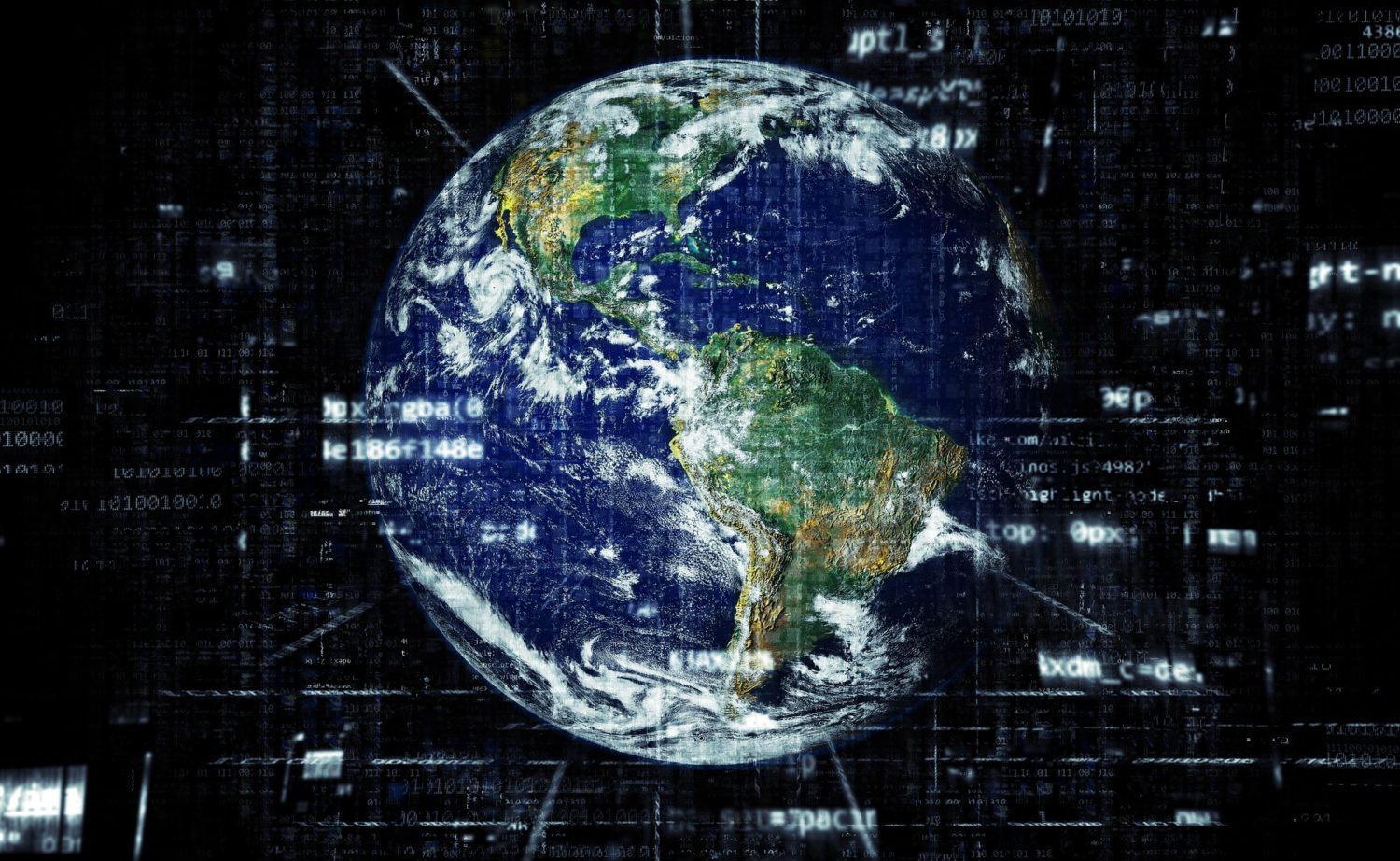Technology advancements changed the entire human landscape. Digitalization and use of new tech changes institutions, how we do business and leisure time. The travel industry is among sectors heavily influenced by technology.
For what we needed travel agencies, now we use a smartphone, that mighty all-in-one device that replaces so many things. Although it’s not only mobile technology that changes the travelling experience, we should start with it.

Smartphone revolution
A mobile phone is a small computer equipped with apps and hardware that actively changes how we prepare, book, and behave on trips. You will probably browse social networks, YouTube and search Google for your destination. An excellent review on TripAdvisor or word of mouth from Instagram influencers is much more efficient marketing than traditional tourism ads.
Booking, Airbnb and other platforms have mobile apps. The same thing applies to airlines, bus and train services. So you can grab a cup of coffee and book a flight, hotel and other stuff on your smartphone within minutes.
Gaming and Wi-Fi
Smartphones are great travel assistants, providing maps and restaurant locators with reviews, and most travellers use smartphones for pictures because high-end devices have impressive photo options.
In past years it became increasingly important for destinations to have tech amenities. Free Wi-Fi is on top of the list. The smartphone is also a source of fun on travels. After a long day of sightseeing, you can upload or engage on social media about your travel experience.
Smartphones are multimedia hubs. You can visit iGaming platforms and browse thousands of games. Playing Rainbow Riches online slots, Sudoku or attempting a devilishly difficult crossword puzzle after an exhausting walking tour through lovely Barcelona or a safari road trip in Kenya is something that enhances the leisure time on vacation. If you’re not a fan of games, you can stream videos or music on numerous streaming platforms available in your pocket.
Personalized tourism
Technology enables tourism providers to provide better service. Marketing tools already use behavioural tracking to serve you personalized offers. High-end hotels go even further and experiment with machine learning and AI to get a better insight into guests. When they know visitors’ preferences, they can offer better-personalized service.
Another tech novelty present throughout the industry is chatbots, which can alleviate some minor issues from support agents, help you 24/7 and help with bookings, payments and other related problems.
Virtual and augmented reality
AR is a technology that creates virtual elements on top of what we see. So, for example, if you have AR glasses in the museum, you can see exhibits, and those dinosaur skeletons can come alive due to 3D models that complement our reality. AR is widely used in the museum industry, but there are also numerous other applications.
Virtual Reality is more in use for the promotion of destinations. You can put on a VR headset and take a virtual tour of the destination, hotel or another place of interest. VR is incredibly immersive, and if you’re considering a destination like the Bahamas or Maldives, you can try VR swimming with sharks or other experiences to set the mood for the upcoming trip.
The Internet of Things is another fast-developing sector. IoT is tech that uses thousands of sensors and actuators to create a smarter ecosystem. For example, a hotel can have smart movement sensors that alert the system, and it automatically controls air-conditioning, lights, TV, and other amenities.







